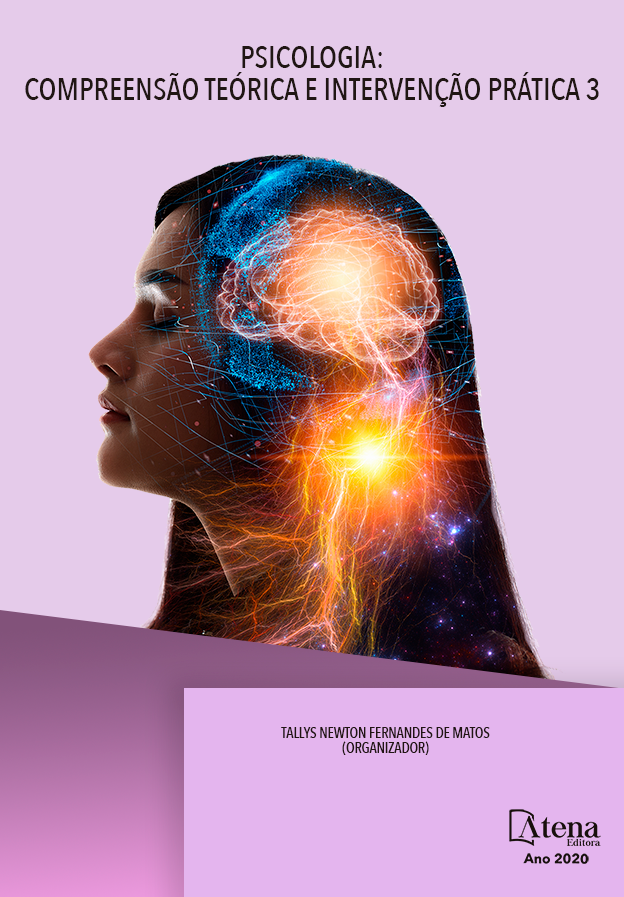
REFLEXÕES SOBRE O ERRO CONSTRUTIVISTA NA TRANSIÇÃO DA ARITMÉTICA À ÁLGEBRA
Partindo da indagação por que os alunos a partir do sexto ano do ensino fundamental têm dificuldades na transição da aritmética ao pensamento algébrico, o estudo defende a concepção construtivista do erro, a partir da certeza que os alunos são protagonistas do processo de aprender e a função do ensino é propiciar atividades e estratégias de pensamento que os possibilitem desenvolver suas habilidades cognitivas, permitindo que tenham controle sobre a reorganização de suas estruturas cognitivas. Apresentando as quatro concepções de álgebra de Usiskin (1995) e as principais categorias de erros teorizadas por Booth (1995), e referendado nos trabalhos de Entwistle (1988), Miras (2009), Pozo (2002), La Taille (1997), Onrubia (2009) e Vygotsky (2007), recomenda que a transição da aritmética à álgebra deva ser concebida a partir de um processo dinâmico, em forma de espiral, que leve a consolidação constante e permanente das habilidades de pensar e de aprimorar as estruturas complexas de pensamento dos alunos.
REFLEXÕES SOBRE O ERRO CONSTRUTIVISTA NA TRANSIÇÃO DA ARITMÉTICA À ÁLGEBRA
-
DOI: 10.22533/at.ed.63420071012
-
Palavras-chave: Cognição. Ensino. Aprendizagem. Álgebra.
-
Keywords: Cognition. Teaching. Learning. Algebra
-
Abstract:
Starting from the question why students from the sixth year of elementary school have difficulties in the transition from arithmetic to algebraic thinking, the study defends the constructivist conception of error, starting from the certainty that students are protagonists of the learning process and the function of teaching is to provide activities and thinking strategies that enable them to develop their cognitive skills, allowing them to have control over the reorganization of their cognitive structures. Presenting Usiskin's four conceptions of algebra (1995) and the main categories of errors theorized by Booth (1995), and endorsed in the works of Entwistle (1988), Miras (2009), Pozo (2002), La Taille (1997), Onrubia (2009) and Vygotsky (2007), recommends that the transition from arithmetic to algebra should be conceived from a dynamic, spiral-shaped process that leads to the constant and permanent consolidation of the abilities to think and to improve complex structures students' thinking.
-
Número de páginas: 12
- Lucas Sousa Santos
- Lilian de Nazaré Menezes Fortes
- Elias Lopes da Silva Junior
- LUZIA BEATRIZ RODRIGUES BASTOS
- Diniz Antonio de Sena Bastos


